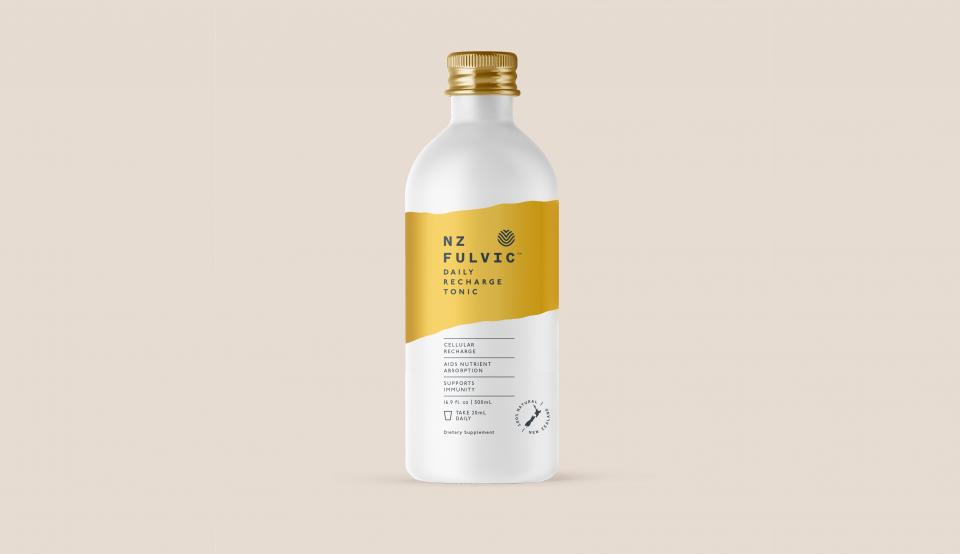In what is believed to be a first for the country, New Zealand exports of an organic soil nutrient discovered by accident in a Southland farm have launched into the US.
A deposit of fulvic acid covering one square kilometre and believed to be worth millions of dollars in processed form was discovered following oil and gas exploration surveys in the 1950s.
Deposits of this size are rare by international standards with only a few countries around the world able to extract fulvic acid for nutritional products.
Fulvic acid is a water-soluble material found in a part of soil called the humus. It is the result of a combination of several acids that are created when organic matter decomposes. The refined humus is processed into a liquid and marketed as a dietary supplement designed to support immunity, nutrient absorption and natural energy levels.
An initial export order of more than 1.5 tonnes of the supplement has left New Zealand destined for the US market and will be sold through Amazon - believed to be the first time this nutrient has been sold into the North American market.
The nutritional business will be a significant boost for the Bay of Plenty economy with a planned factory upgrade to process the mineral in Kawerau for export markets. NZ Fulvic director Rhys Brooking says the factory will eventually employ 30 locals as they seek to grow international and local distribution volumes.
He says the product has been well received in the domestic market having launched here just 14 months ago. “Internationally there is a well-established market for fulvic acid amongst consumer seeking to support their dietary needs - we believe the purity of the New Zealand product is well-positioned to help capture a share of this wellness market.
“Farming techniques can remove the nutrient from the soil so even people who have a diet rich in vegetables may benefit from supplementation with nutrients such as fulvic acid,” he says.
Brooking says the soil extraction process used to extract the nutrient involves filtering the soil to separate the fulvic acid from the humus with the land later carefully reinstated - in line with their organic approach to production. He says they are currently producing a nutrient-rich fertiliser product which is organically certified and are working on certification for their fulvic acid supplement as well.


